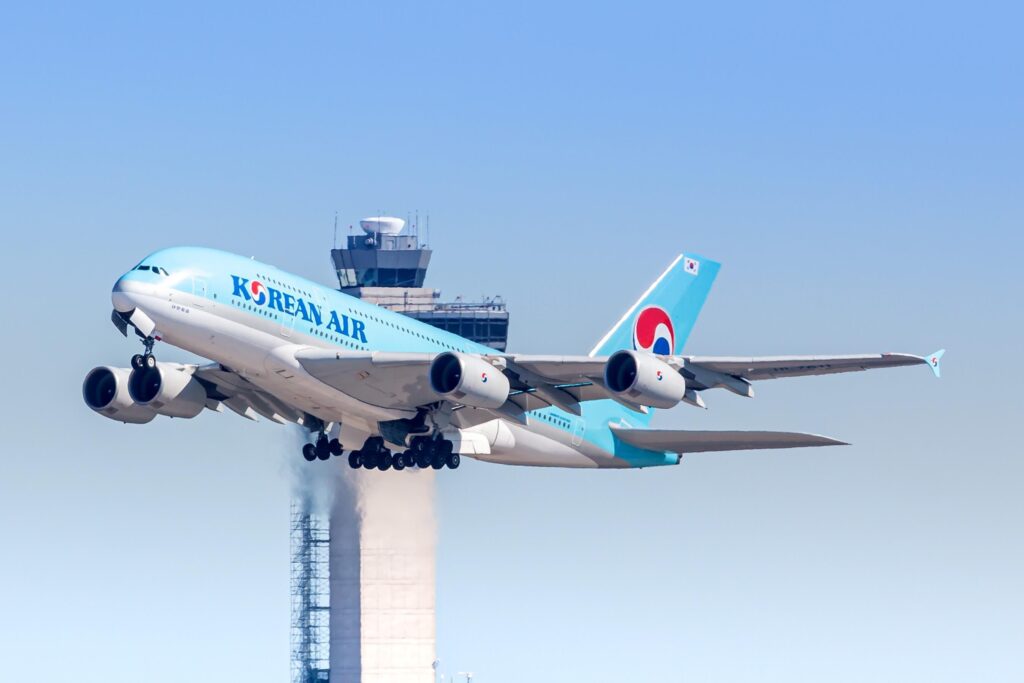On September 9, 2021, the biggest South Korean airline, Korean Air, got the overseas approval from Malaysian Aviation Commision (MAVCOM) for its planned acquisition of Asiana Airlines.
Becoming the latest overseas regulator to grant the merger approval, MAVCOM stated that the business combination between Korean Air and Asiana would not violate Malaysia’s antitrust laws, adding that it would not “cause any unilateral effects or act as a barrier to entry and expansion for the related markets”.
Korean Air still waits for approvals from other antitrust regulators, including South Korea, the United States, the European Union, China, and Japan, to proceed with the $1.6 billion deal to acquire the cash-strapped Asiana Airlines.
In May 2021, Korean Air got overseas approval from competition regulators in Thailand and Philippines. In February 2020, the airline received a green light from the Turkish Competition Authority.
Korean Air aims to fully integrate Asiana by 2024, as the merger process is set to officially begin in 2022, according to the president of Korean Air, Woo Kee-Hong.
Asiana’s integration into Korean Air would create an air carrier that would operate around 60% of international routes out of and into South Korea. The consolidation could help both airlines to have a competitive advantage over other airlines in the region.

